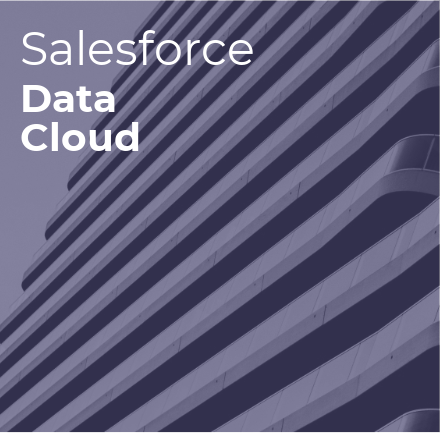
Key Features of Salesforce Data CloudKey Features of Salesforce Data Cloud
Salesforce Data Cloud is a powerful platform that offers a wide array of features designed to help businesses unify, understand, and activate their customer data. Let’s explore the key features that make Data Cloud a game-changer in the realm of customer data management and engagement.
1. Data Ingestion and Unification
- Multi-source Data Ingestion: Ingest data from various Salesforce clouds, external systems, and third-party sources.
- Real-time Data Processing: Stream and process data in real-time for up-to-the-minute customer profiles.
- Identity Resolution: Automatically match and merge customer identities across different sources and channels.
- Custom Data Models: Create flexible data models that adapt to your unique business needs.
2. Advanced Segmentation
- Drag-and-Drop Segment Builder: Easily create complex customer segments without coding.
- Real-time Segmentation: Segments update automatically as new data comes in.
- Behavioral Segmentation: Create segments based on customer actions, preferences, and interactions.
- Lookalike Audiences: Use AI to find customers similar to your best-performing segments.
3. AI-Powered Insights and Predictions
- Einstein Insights: Leverage AI to uncover hidden patterns and trends in your customer data.
- Predictive Scoring: Automatically score customers based on likelihood to convert, churn, or other key metrics.
- Next Best Action: Get AI-driven recommendations for the most effective next steps with each customer.
4. Cross-channel Activation
- Omni-channel Orchestration: Activate segments across various channels including email, mobile, web, and advertising platforms.
- Real-time Activation: Trigger personalized experiences instantly based on customer actions or profile changes.
- Journey Builder Integration: Seamlessly use Data Cloud segments in Marketing Cloud customer journeys.
5. Privacy and Consent Management
- Consent Management: Track and honor customer consent preferences across all touchpoints.
- Data Governance: Set and enforce data usage policies to ensure compliance with regulations like GDPR and CCPA.
- Data Lineage Tracking: Maintain a clear record of where data came from and how it’s being used.
6. Advanced Analytics and Reporting
- Custom Dashboards: Create tailored dashboards to visualize key customer metrics and KPIs.
- Tableau Integration: Leverage Tableau’s powerful analytics capabilities for deep data exploration.
- Attribution Modeling: Understand the impact of different touchpoints on customer conversions.
7. Data Sharing and Collaboration
- Secure Data Sharing: Safely share customer insights across departments and with external partners.
- Collaborative Workspaces: Create shared spaces for teams to work together on customer data projects.
- API Access: Enable developers to build custom applications leveraging Data Cloud’s capabilities.
8. Salesforce Ecosystem Integration
- Native Integration: Seamlessly connect with Sales Cloud, Service Cloud, Marketing Cloud, and Commerce Cloud.
- MuleSoft Connectivity: Easily integrate with hundreds of external systems and data sources.
- AppExchange: Extend functionality with pre-built apps and integrations from the Salesforce AppExchange.
Conclusion
Salesforce Data Cloud’s robust feature set empowers businesses to unify their customer data, gain deep insights, and deliver personalized experiences at scale. By leveraging these capabilities, organizations can build stronger customer relationships, drive more effective marketing campaigns, and make data-driven decisions across their entire business.
To explore how these features can be tailored to your specific business needs, click here.

